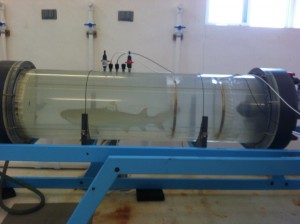
Each year, CEI offers two in-house studentships to graduate students conducting research at CEI and teaching research class though The Island School. Applicants of the Award for Excellence in Research are evaluated based on their teaching and research experience, and the conservation relevance, publication probability, and outreach potential of the applicant’s proposal. In addition, proposals are evaluated on their ability to contribute meaningfully to CEI and the applicant’s home institution.
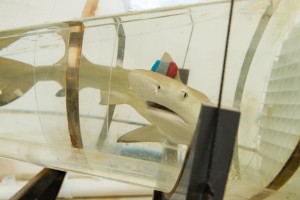
For the fall semester, University of Illinois graduate student Ian Bouyoucos received the Award for Excellence in Research. Ian’s research focuses on understanding activity-specific metabolic rates of juvenile lemon sharks so that we can better understand what happens to these sharks when caught on hook-and-line. The award will improve Ian’s research by improving CEI’s capacity to for respirometry studies through constructing a swimming respirometer suitable for juvenile sharks, barracuda, and even fish schools. CEI has used both swimming and resting respirometers extensively in the past to measure metabolic rates of fishes, as affected by angling and climate change, by measuring the rate at which fish consume oxygen in the sealed respirometry chamber.
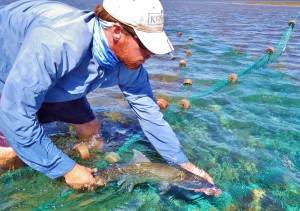
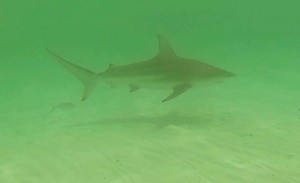
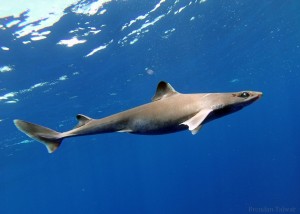
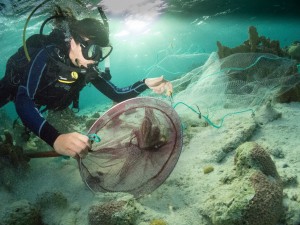
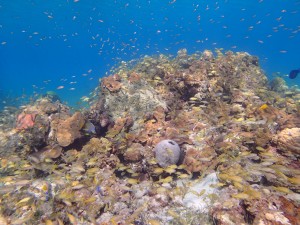
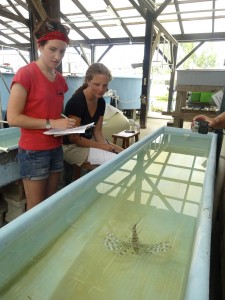
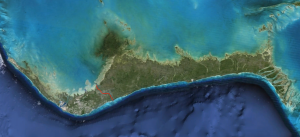
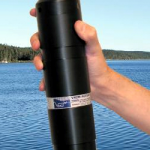
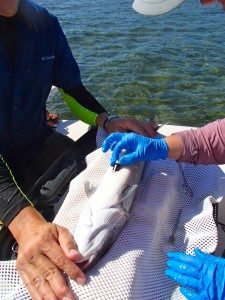
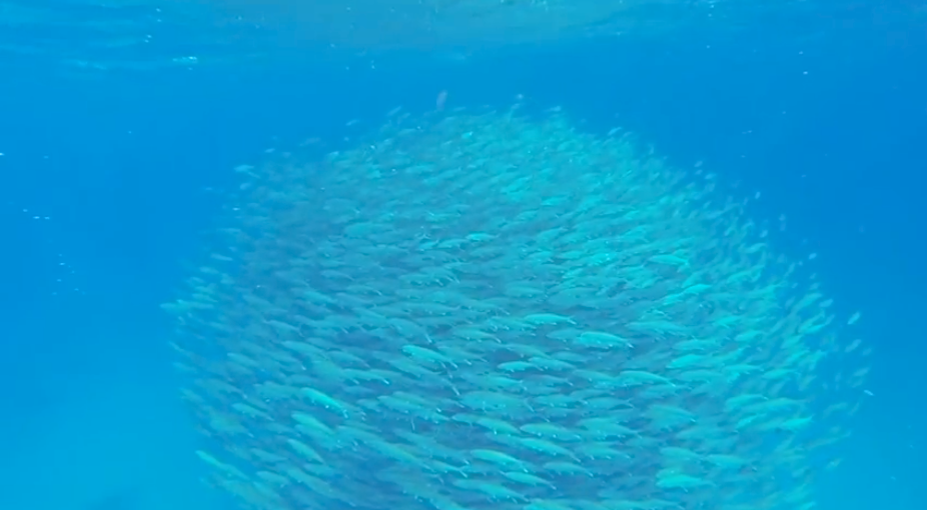
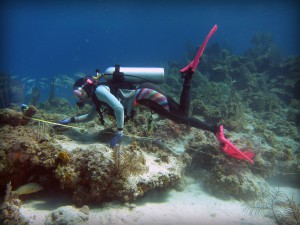

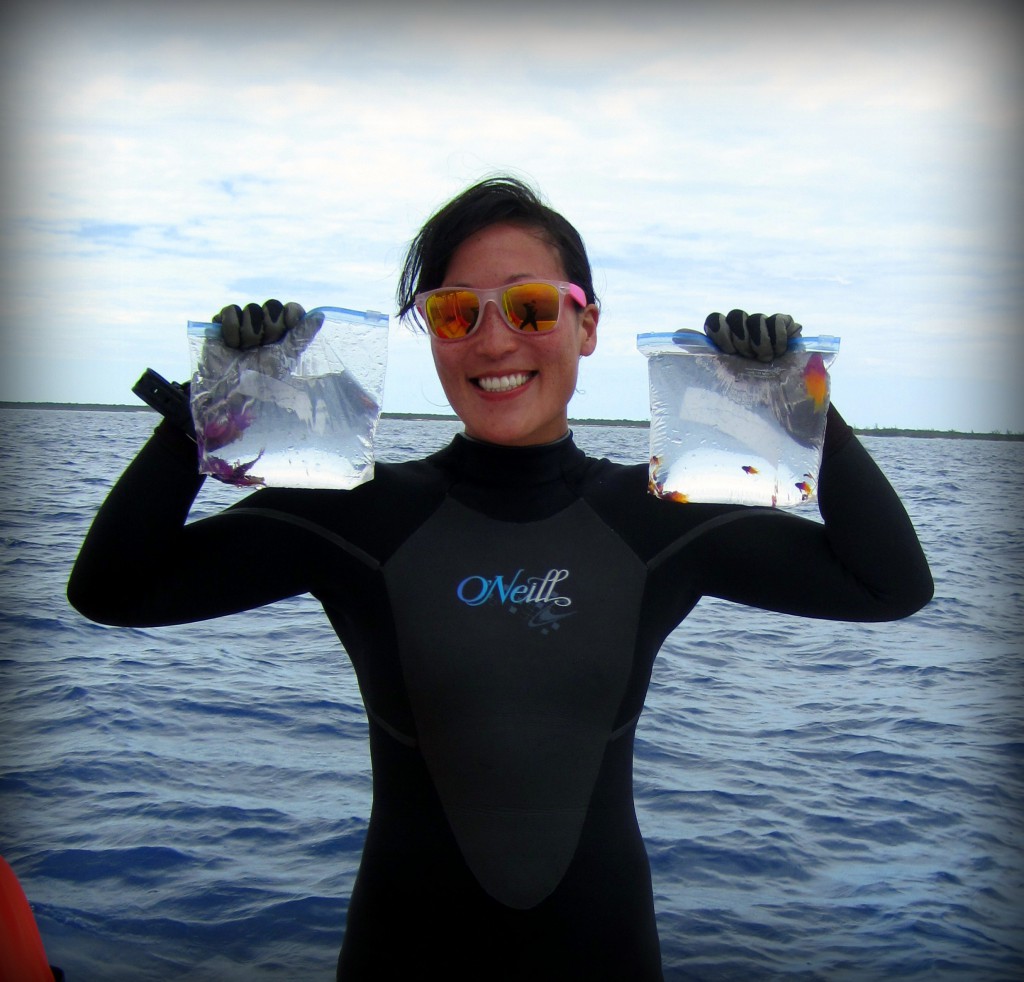
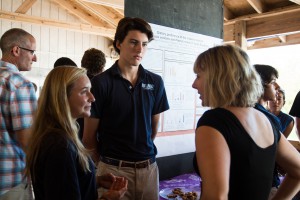
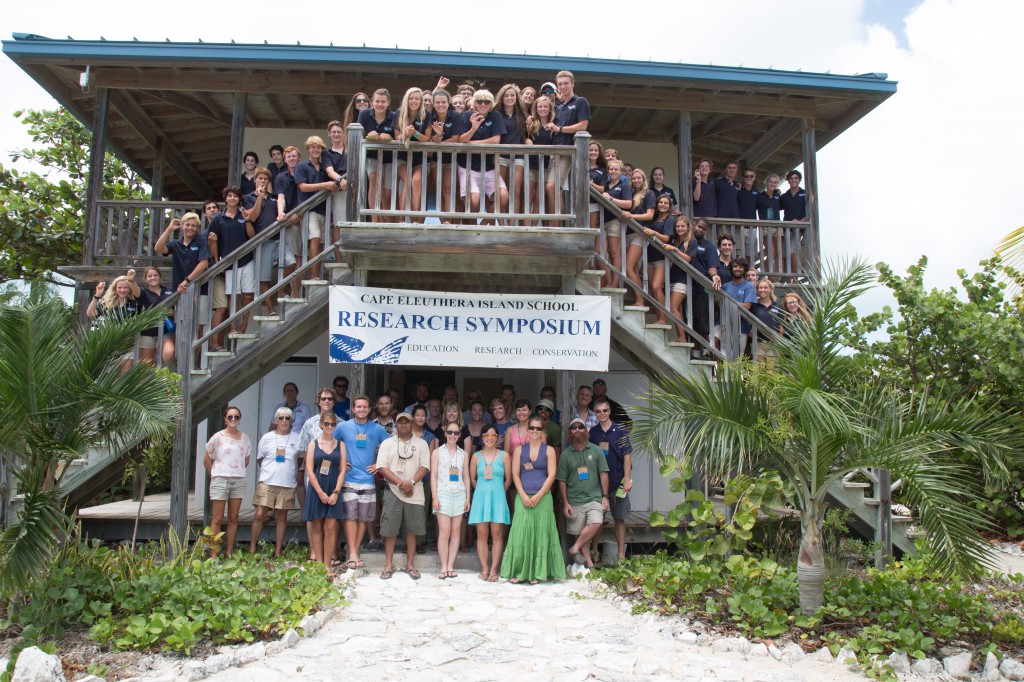
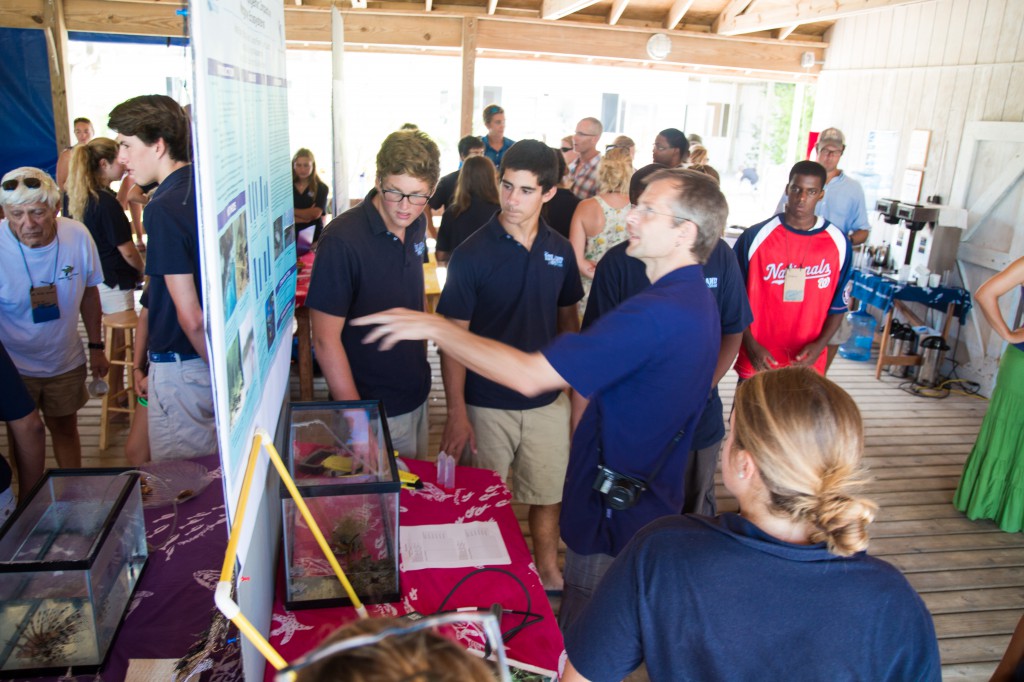
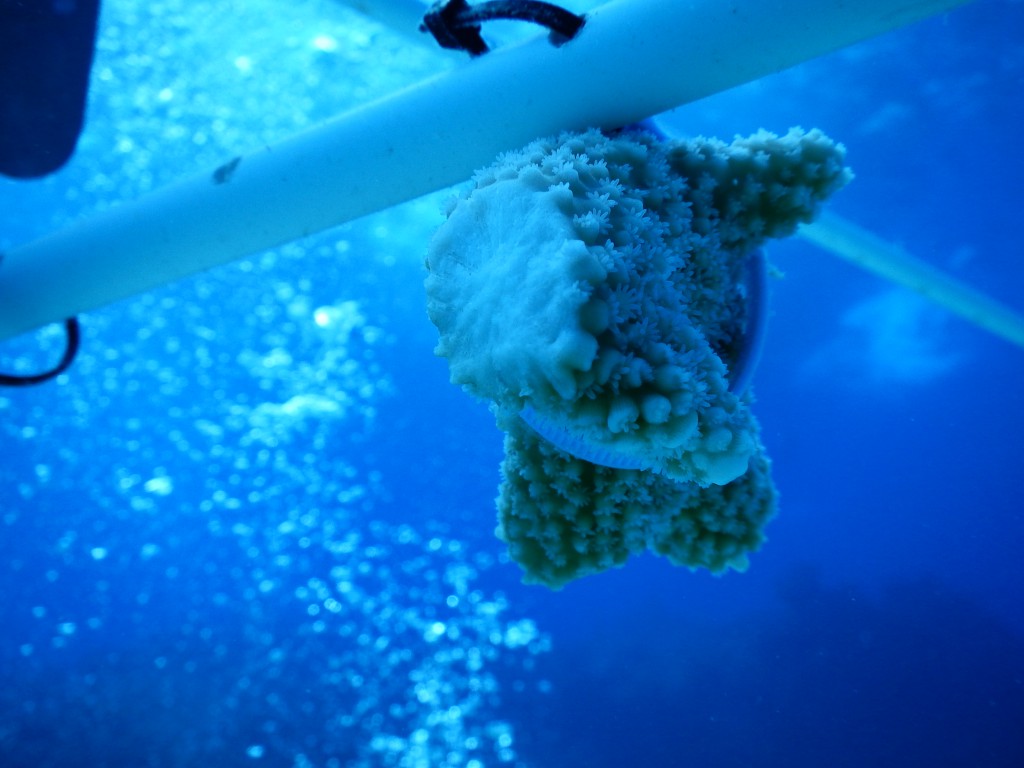
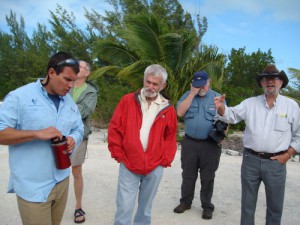 A group of biologists from Universities throughout the United States gathered to discuss the improvement of the research facilities at the Cape Eleuthera Institute (CEI). This meeting was funded by a National Science Foundation planning grant written by PI Dr. Bill Louda (Florida Atlantic University) and Co-PIs Dr. Dave Philipp (University of Illinois), Dr. Brian Lapointe (Florida Atlantic University), and Aaron Shultz (CEI). The expert panel, along with their individual research interests, is listed below. The three day meeting started off with a tour of The Island School and CEI campus, and an excursion to some of the natural points of interest on the island.
A group of biologists from Universities throughout the United States gathered to discuss the improvement of the research facilities at the Cape Eleuthera Institute (CEI). This meeting was funded by a National Science Foundation planning grant written by PI Dr. Bill Louda (Florida Atlantic University) and Co-PIs Dr. Dave Philipp (University of Illinois), Dr. Brian Lapointe (Florida Atlantic University), and Aaron Shultz (CEI). The expert panel, along with their individual research interests, is listed below. The three day meeting started off with a tour of The Island School and CEI campus, and an excursion to some of the natural points of interest on the island.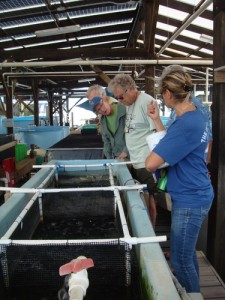 Several group meetings were held to discuss other research stations in the region (E.g., Central Caribbean Marine Institute, Florida Keys Marine Lab, etc.), current research projects at CEI, how to diversify the research portfolio at the institute, and the infrastructure needed to meet current and future demands. The following are highlights from the discussions: the need for an ecosystem based approach to our research initiatives; the need for water quality analysis; and more lab space for visiting researchers and graduate students. Overall, it was a very productive site visit that will aid in the development of the full NSF laboratory improvement grant. CEI looks forward to collaborating with these researchers in the future.
Several group meetings were held to discuss other research stations in the region (E.g., Central Caribbean Marine Institute, Florida Keys Marine Lab, etc.), current research projects at CEI, how to diversify the research portfolio at the institute, and the infrastructure needed to meet current and future demands. The following are highlights from the discussions: the need for an ecosystem based approach to our research initiatives; the need for water quality analysis; and more lab space for visiting researchers and graduate students. Overall, it was a very productive site visit that will aid in the development of the full NSF laboratory improvement grant. CEI looks forward to collaborating with these researchers in the future.